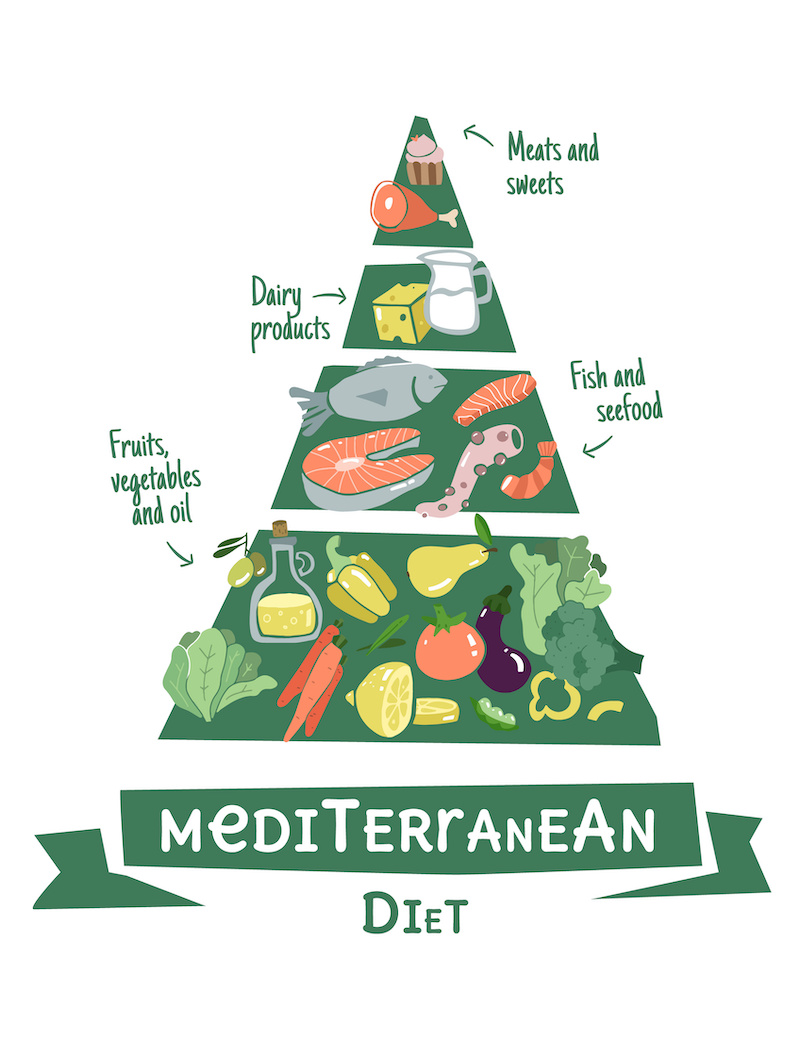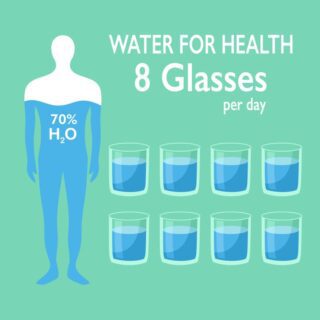The Mediterranean Diet: A Guide to Healthy Eating and Longevity

Introduction
The Mediterranean diet has been celebrated for its numerous health benefits and its potential to increase longevity. Rich in fruits, vegetables, whole grains, nuts, and olive oil, this diet emphasizes heart-healthy eating patterns that are both delicious and nutritious. This article provides an in-depth look at the Mediterranean diet, its benefits, and how to incorporate it into your daily routine.
What is the Mediterranean Diet?
Core Principles:
- The Mediterranean diet is based on the traditional eating habits of countries bordering the Mediterranean Sea, such as Greece, Italy, and Spain.
- It emphasizes plant-based foods, healthy fats (primarily from olive oil), moderate consumption of fish and poultry, and limited intake of red meat and sweets.
Key Components:
- Fruits and Vegetables: Abundant in every meal, providing essential vitamins, minerals, and fiber.
- Whole Grains: Includes whole wheat, barley, oats, and brown rice, offering sustained energy.
- Healthy Fats: Focuses on monounsaturated fats from olive oil, nuts, and seeds, promoting heart health.
- Lean Proteins: Emphasizes fish and seafood, rich in omega-3 fatty acids, and moderate poultry and dairy.
- Herbs and Spices: Used generously for flavor, reducing the need for salt.

Benefits of the Mediterranean Diet
Heart Health:
- The diet is associated with a lower risk of heart disease due to its emphasis on healthy fats, fiber-rich foods, and antioxidants.
Weight Management:
- With its focus on whole foods and portion control, the Mediterranean diet can support healthy weight management and reduce obesity risk.
Reduced Risk of Chronic Diseases:
- Studies show that the Mediterranean diet may lower the risk of type 2 diabetes, stroke, and certain cancers.
Improved Cognitive Function:
- The diet’s high levels of antioxidants and healthy fats have been linked to better brain health and reduced risk of cognitive decline.
How to Start the Mediterranean Diet
Incorporate More Plant-Based Meals:
- Begin by adding more fruits, vegetables, and legumes to your meals. Aim to fill half your plate with vegetables at each meal.
Choose Whole Grains:
- Replace refined grains with whole grains like quinoa, barley, and whole wheat pasta.
Opt for Healthy Fats:
- Use olive oil for cooking and dressings, and include nuts and seeds in your diet as snacks or salad toppings.
Moderate Protein Intake:
- Limit red meat consumption and choose fish, poultry, or plant-based proteins like beans and lentils.
Flavor with Herbs and Spices:
- Experiment with different herbs and spices to enhance flavors naturally without relying on salt.
Conclusion
The Mediterranean diet offers a balanced, sustainable approach to healthy eating that can improve heart health, support weight management, and reduce the risk of chronic diseases. By incorporating these principles into your daily routine, you can enjoy delicious meals while promoting long-term health and longevity.
Summary:
- The Mediterranean diet emphasizes plant-based foods, healthy fats, and moderate consumption of fish and poultry, promoting heart health and longevity.
- Benefits include reduced risk of heart disease, weight management, lower risk of chronic diseases, and improved cognitive function.
- Transitioning to the Mediterranean diet involves incorporating more fruits, vegetables, whole grains, and healthy fats, and experimenting with herbs and spices for flavor.

This article reviewed by Dr. Jim Liu, MD and Ms. Deb Dooley, APRN.
There’s nothing more important than our good health – that’s our principal capital asset.
#medical #telehealth #umedoc










